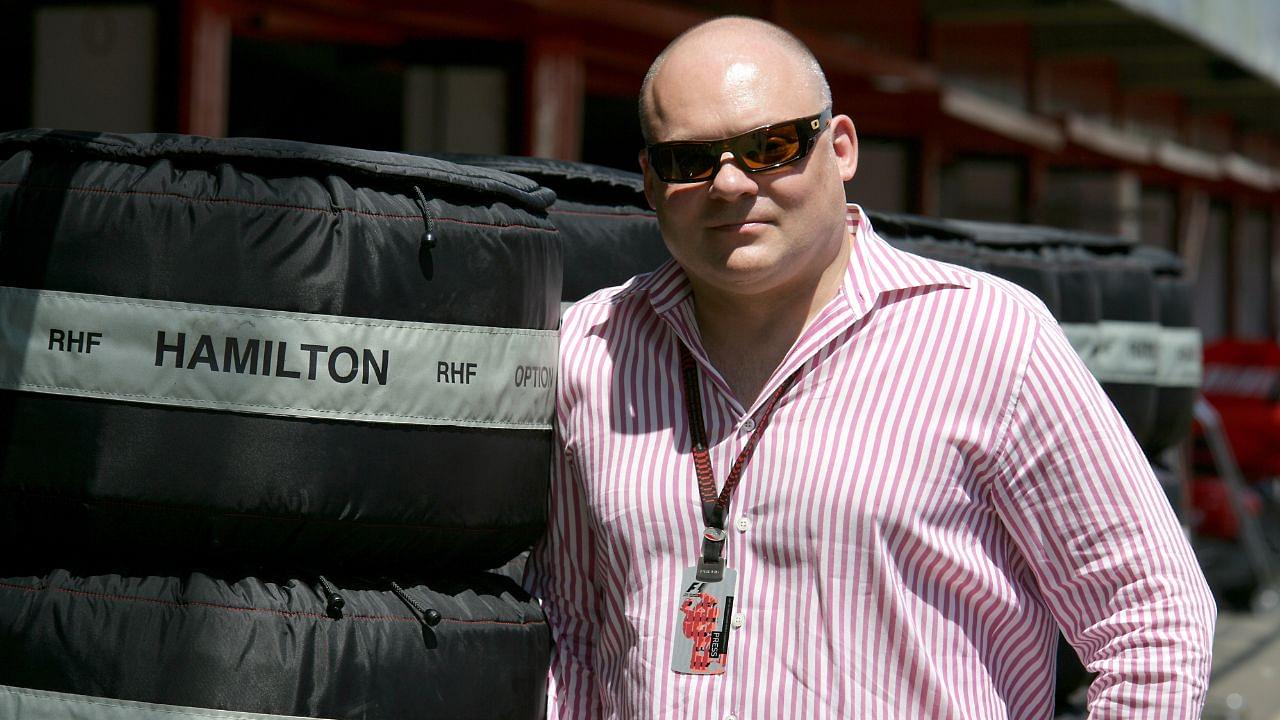Netflix’s Drive to Survive (DTS) has contributed immensely to the growth of F1’s fanbase in the past few years. When Liberty Media took charge of the sport in 2017-18, DTS was a huge part of their plans. However, now that the popular docu-series has started to plateau to some extent, some fans have demanded Netflix to cease the show. In an exclusive conversation with The SportsRush‘s Tanish Chachra, F1 journalist Matt Bishop highlighted that Formula One Management can continue with Netflix for DTS or look to keep reinventing itself for future fans’ generations.
Bishop said, “Whether that means they continue with Netflix or think of something else that perhaps might be more revolutionary or more engaging, all sorts of other things around different platforms like gaming and AI”. He mentioned how “the key thing is Formula 1 should continue to reinvent itself and modernize”.
Several fans have stated how DTS can stop now after a run of six seasons, given how the new supporters have gained a good understanding of the sport. On this, Bishop stated that it would be a “commercial decision” by Liberty Media on whether they would want Netflix to stop with the docu-series or not.
Given how it still generates great buzz for the start of every season with a dramatic extended flashback of the previous campaign, F1 would want Netflix to continue with DTS as the curtain-raiser every year. The 61-year-old then also contrasted Liberty Media’s strategy with Drive to Survive and how Bernie Ecclestone got the eyeballs to F1.
Ecclestone leveraged the tobacco industry to the full extent for sponsorships. Meanwhile, the television rights deals enabled Ecclestone to facilitate this commercial boost. Besides, these deals also ensured fans got better accessibility to watch F1 in the new territories on television.
Matt Bishop contrasts the change and evolution in mindsets in F1
F1 has always been a peculiar sport with all sorts of caveats and rules imposed. However, since its inception, the sport has changed a lot to improve and overcome certain perceptions and thought processes. Many used to perceive F1 as a very macho sport for male demographics only during the 70s and 80s.
Matt Bishop even pointed it out while discussing the evolution of such perceptions in F1. He stated, “We are talking about white male heterosexuals. Largely from the UK, Italy, and a little bit of Germany. A very particular demographic.”
Regarding homosexuals in the sport, Bishop cited how he was the only openly gay person in F1 for a long time. However, that changed in the coming decades, as the world has changed today. Bishop gave an example of his senior colleagues and former drivers like Damon Hill and Martin Brundle when he joined F1 in the 90s.
Hey! Thanks, Steve, for the name-check in this week’s #Autocar! pic.twitter.com/Xqxv1VCpRu
— Matt Bishop ️ (@TheBishF1) March 14, 2024
He stated, “When I first met them, it [him being gay] was a little bit unusual for them.” He reiterated that there was no ‘negativity or prejudice’ from them. It was just a matter of getting used to the fact and being fine with it.
That’s what happened and Bishop mentioned how they are now his “dear friends”. Similarly, the 61-year-old cited how he has worked with many younger drivers like Kevin Magnussen, Stoffel Vandoorne, and Nyck de Vries.
He mentioned how these younger, modern-day drivers are quite “unfused and unbothered” about homosexuality. Bishop’s examples show the evolution of the mindsets in F1, moving away from the stereotypical perceptions he cited earlier.








